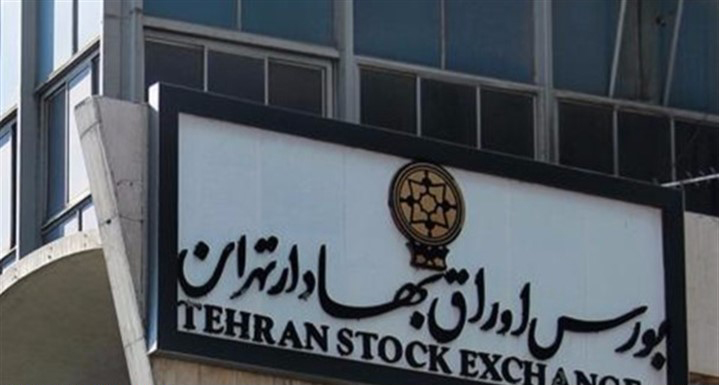Experts believe that ambiguities in the pricing of metal and petrochemicals on Iran Mercantile Exchange, along with systemic risks, were the most important reasons for the decline in stock prices. IME pricing formulae and TSE investments are closely connected.
After the price ceiling for metal products moderated last week and the formula for discovering the price of petrochemical products in Iran Mercantile Exchange was set based on the open market dollar price, investors rushed in with their capital, so much so that TEDPIX is back up to around 140,000 units.
In an attempt to explain the market fluctuations, Financial Tribune’s sister publication Donya-e-Eqtesad interviewed several economic experts recently, the gist of which is as follows:
> Depreciation of Local Currency
Economist Mohammad Nourbakhsh believes that the trend of the government’s past policies suggests that price suppression will not be permanent and that once the prices are set free, as they have for petrochemicals, the stocks market will blossom yet again, as it has in the past trade days.
TEDPIX stood below 140,000 units after Saturday’s trading ended.
The fact is that the rial's value has fallen dramatically in the past few months, hence it is natural that the general level of stock prices should adjust to reflect the growth in exchange rate.
Going back to 2012 when a similar scenario unfolded, a clearer picture of the current situation emerges. At the time, exporters were at the forefront of growth and prosperity in the market. Then the value of shares in other groups was adjusted to reflect the depreciation of the rial.
After the exporters, who directly benefit from exchange rate fluctuations, groups dependent on the exchange rate rose. This trend has reappeared in the stock market in recent days.
At first, export-oriented metal and petrochemical groups grew and then the growth extended to smaller industries, such as paper and cement.
According to Nourbakhsh, the strongest recent growth belonged to banks and insurance companies.
> Influenced by Inflation
Mehdi Tahani, another expert, was of the belief that the stock market is currently under the influence of a moving inflationary economy.
The inflation, caused by the rise in the value of the dollar against the rial, has led to a significant rise in the cost of goods.
In the meantime, the capital market is directly influenced by the growth in inflation. As a result, the 60% growth in stock market over the past year will not only continue in the second half of the year, but will also go on to set records.
The Central Bank of Iran's latest report on inflation shows the average goods and services Consumer Price Index for urban areas in the 12 months ending August 22, which marks the end of the Iranian month of Mordad, increased by 11.5% compared with last year’s corresponding period.
CBI had put the inflation rate for the preceding month of Tir, which ended on July 22, at 10.2%.
The overall CPI (using the Iranian year to March 2017 as the base year) stood at 133.8 in Mordad, indicating a 5.5% increase compared with the previous month. The index registered a year-on-year increase of 24.2% compared with the similar month of last year.
Tahani noted that in recent days, with news published on the liberalized pricing of oil product or other industries, there has been significant growth and high demand in these groups.
Therefore, ambiguities in pricing imposed by the Ministry of Industries, Mining and Trade should be resolved.
> Political Factor
On the other hand, the role of politics should not be overlooked. It will have a direct impact on the capital market, as uncertainties in the country’s foreign policies, most importantly, new developments in Syria, constitute one of the factors behind market failure in the closing day of last week’s trading, Tahani said.
However, although these issues caused a negative climate and a drop in stock prices, any negative fluctuations would be a good opportunity for buyers, as investors use prevailing conditions to buy high-potential stocks. That is why the future of the stock market looks positive.
There is a favorable market environment and the stock exchange can outperform other investment markets within the next six months and bring higher returns.
Companies and industries that are fundamentally well-off or have access to mining and oil products will have a more favorable situation. Although sanctions are a negative factor with respect to industrial growth, the appropriate underlying conditions will help overcome the negative impacts generated by the issue.


